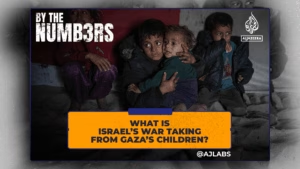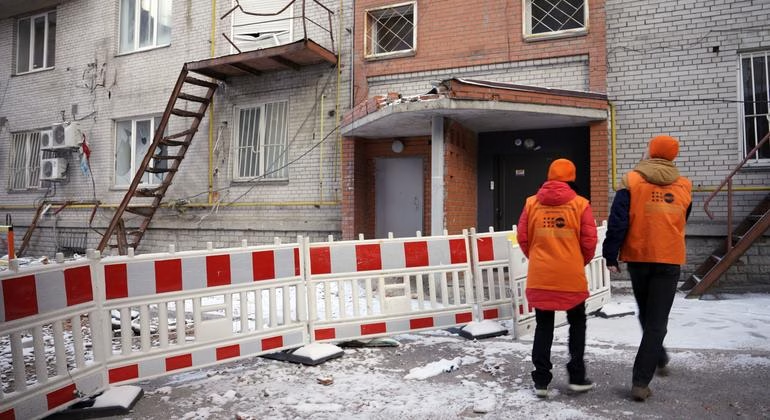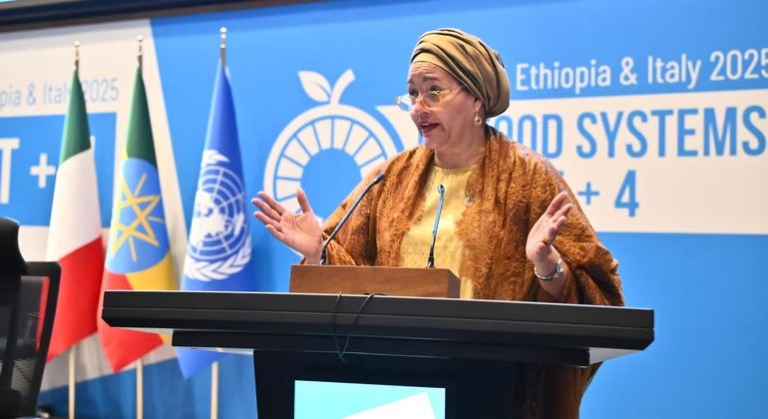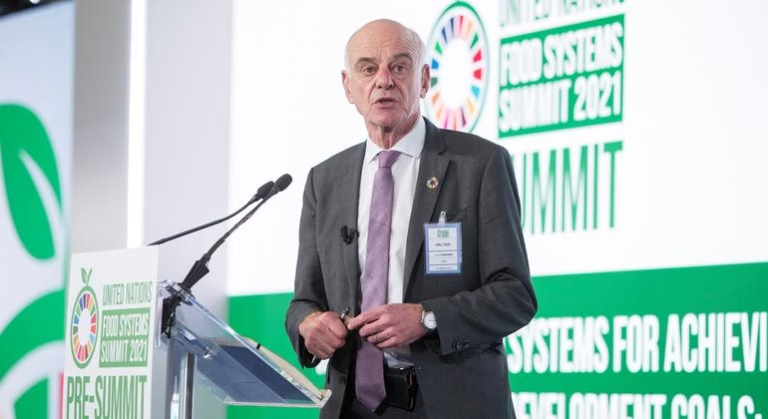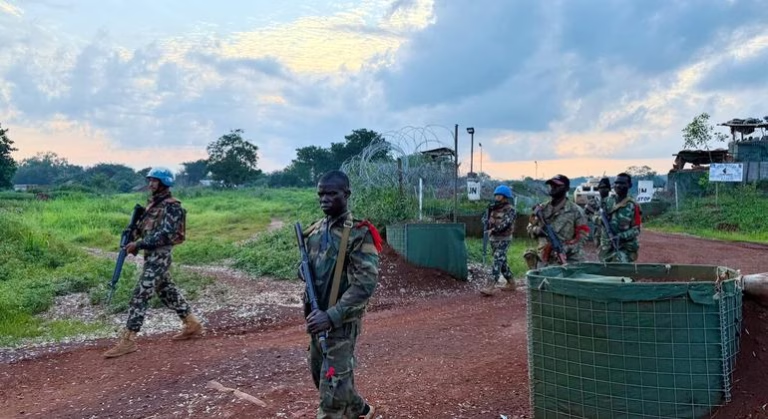A young mother, accompanied by her five children, disembarks from a train in Dnipro, Ukraine, clutching a small bag. She has fled both Russian attacks in the Zaporizhzhia region and a violent partner who once assaulted her so severely she miscarried.
In urgent need of medical attention, legal assistance, and a safe haven for her children, she was met by Tetiana, a psychologist with a mobile support team that has been operating since 2022. The team arranged for medical transport and legal aid to help with her documentation and referrals.
Tetiana is part of 87 UNFPA psychosocial support teams ready for emergency response. She can provide long-term assistance, job training, and legal aid, which are crucial in a country where prolonged conflict has led to widespread trauma and psychological distress.
Since the full-scale invasion began three years ago, reports of intimate partner violence, domestic abuse, and other forms of gender-based violence have more than tripled in Ukraine. An estimated 2.4 million people, mostly women and girls, urgently need services for prevention and response to gender-based violence.
Even after finding physical safety in Dnipro, many struggle with ongoing psychological issues, including panic attacks, nightmares, and depression, as Tetiana notes.
UNFPA’s mobile psychosocial support teams provide critical assistance, often responding to gender-based violence cases immediately after the police.
Roman, a social worker who joined the team in Dnipro in April 2022, described their work as akin to an ambulance for gender-based violence, offering vital support especially to women without stable income or housing who are vulnerable to exploitation.
“The real healing starts once they are physically safe,” Tetiana said, emphasizing that without psychosocial support, it’s challenging for survivors to recover from trauma and avoid further harm.
Healthcare workers themselves face danger, with over 2,200 attacks on healthcare facilities in Ukraine confirmed by the World Health Organization since February 2022.
Funding for these services from the US Government has been crucial, but with uncertainty surrounding global humanitarian funding, the future continuity of these vital services is threatened. Important services that prevent and respond to gender-based violence, support women-led organizations, and promote women’s economic autonomy may face cuts, jeopardizing the safety and wellbeing of countless individuals.
Source: https://news.un.org/feed/view/en/story/2025/03/1160681


